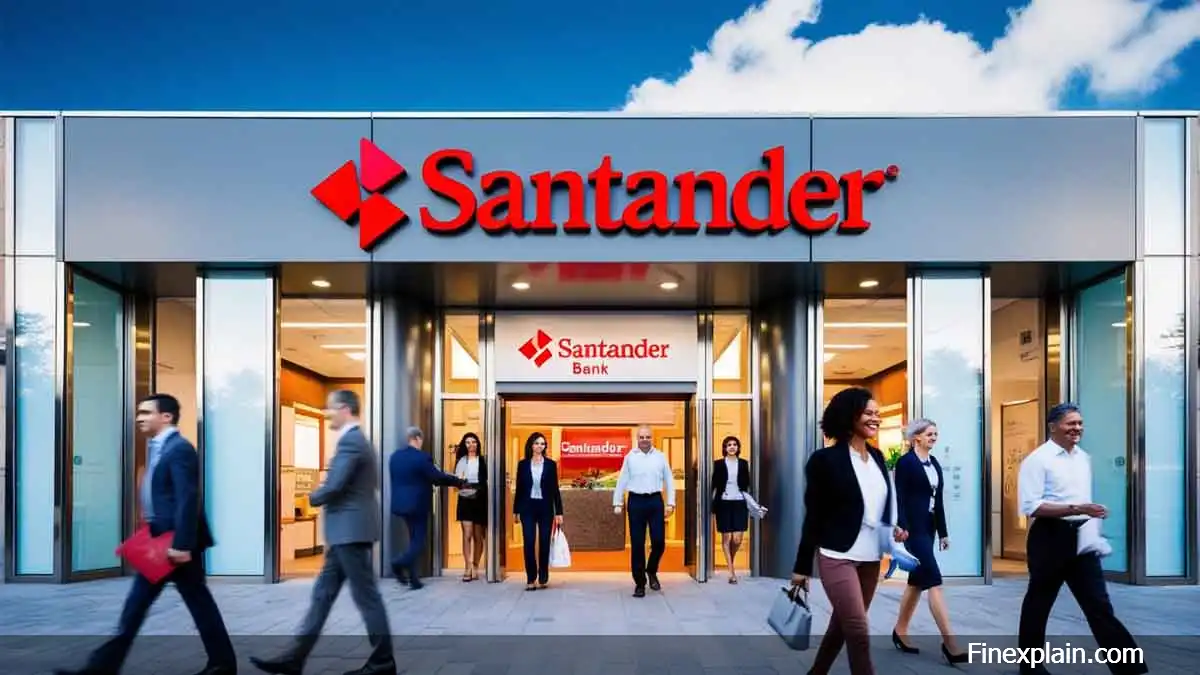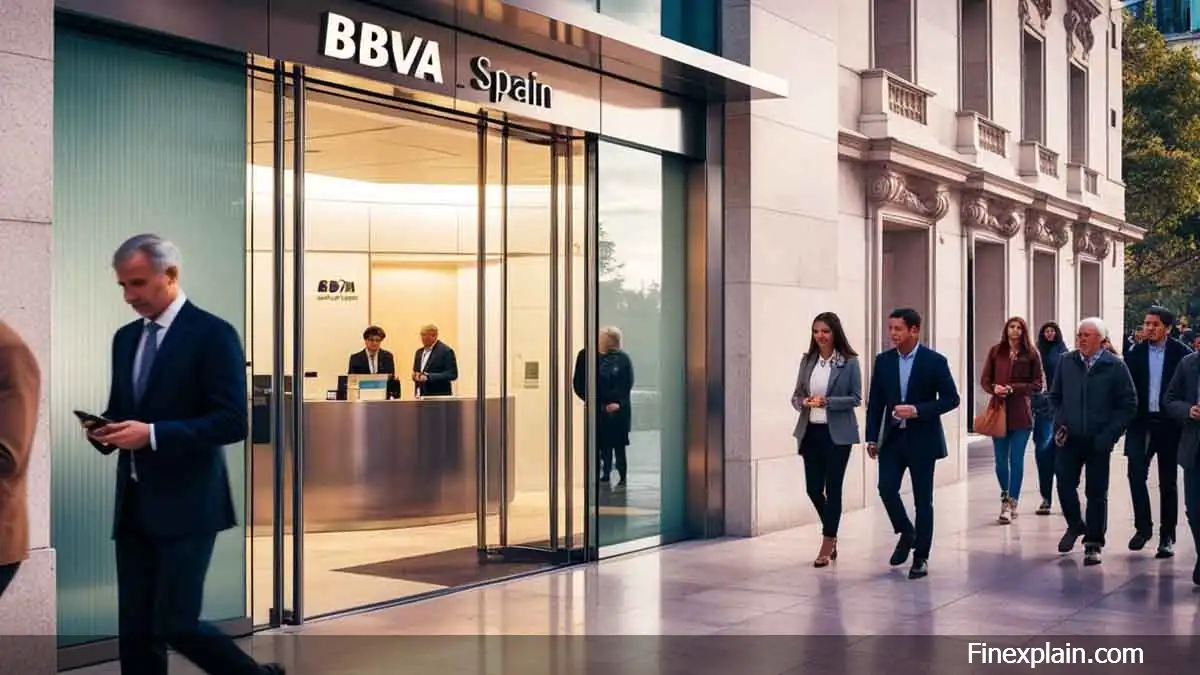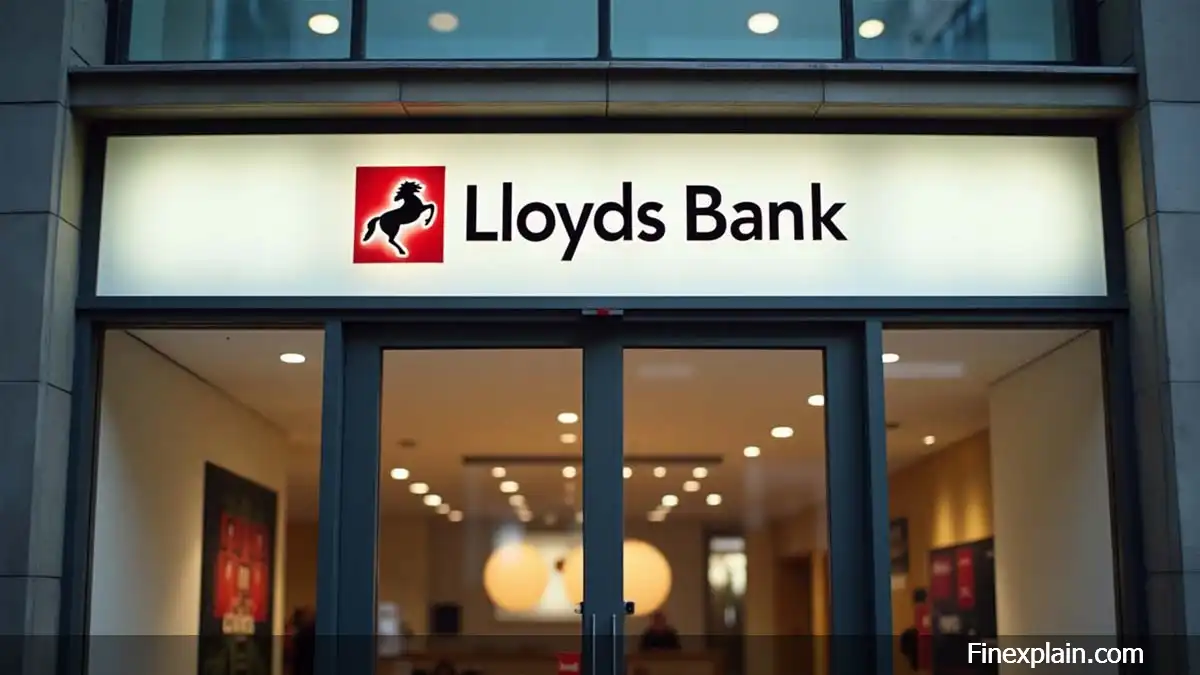Explains
-
Why Has Cash Almost Disappeared in Sweden?
Sweden is often called the world’s first “cashless society,” and for good reason. Over the past decade, the use of cash has dramatically declined, with many businesses and even banks no longer handling physical money. But why is this happening? Let’s explain the key factors behind this shift in finance.
-
Understanding inflation: a simple guide
Inflation is a term we often hear, but many struggle to explain what it actually means and how it impacts personal finance. In simple terms, inflation refers to the general rise in prices over time, which reduces the purchasing power of money. This means that over time, the same amount of money buys fewer goods and services.
-
Why an emergency fund is essential for financial stability
An emergency fund is one of the most important financial tools, yet many people overlook its necessity. In finance, having an emergency fund means setting aside money for unexpected expenses such as medical bills, car repairs, or sudden job loss. Experts explain that this safety net can prevent financial stress and the need for high-interest debt.
-
The power of compound interest in building wealth
Many people underestimate the power of compound interest, but it’s one of the most important principles in finance. Simply put, compound interest is when you earn interest not only on your initial deposit but also on the interest that accumulates over time. This allows your money to grow exponentially rather than linearly.
-
Credit scores explained – why they matter and how to improve yours
Your credit score is a crucial factor in personal finance, yet many people don’t fully understand how it works. A credit score is a three-digit number that represents your creditworthiness. Lenders, landlords, and even employers use it to assess how responsible you are with money. The higher your score, the better financial opportunities you’ll have.
-
The most expensive bank transfer mistake in history
Banking errors can sometimes lead to minor inconveniences, but in rare cases, they result in catastrophic financial losses. Some of these mistakes cost millions—or even billions—due to human error, technical glitches, or security breaches. One of the most shocking cases of all time involved Citibank in 2020, where a simple mistake led to a loss of nearly $900 million. Here’s how it happened.
-
How to explain taxes to a child: a fun and interactive finance lesson
Taxes can be a tricky concept, even for adults, but explaining them to a child doesn’t have to be boring! Let’s break it down in a way that’s fun and easy to understand. Taxes are like a small share of money that people give to the government to help build schools, fix roads, and keep parks clean. Think of it as everyone chipping in to make the world a better place.
-
How to explain retirement savings to a child: a fun and tasty finance lesson
Retirement savings can be a complex topic, but teaching it to a child can be both simple and fun! Let’s break it down in a way that’s easy to understand. Retirement savings are like setting aside a little bit of your earnings today so you can enjoy them later when you’re no longer working. It’s all about planning for the future!
-
Recent cyber-attacks that shocked the business world
Cyberattacks continue to pose significant financial and operational risks to businesses worldwide. In recent years, several high-profile breaches have highlighted the urgent need for robust cybersecurity measures and cyber insurance. Here’s a look at some of the most notable cyber incidents that have impacted companies globally.
-
Bizarre UK loan approvals & rejections: unbelievable but true stories
Banks and lenders in the UK process millions of loan applications every year. Yet, sometimes their decisions are so absurd they make headlines. In this article, we explain how algorithms and human errors lead to ridiculous outcomes—backed by real cases and surprising statistics.
-
Curious cases of loan approval in Italy: financial facts
Italy is known for its rich culture, culinary traditions – and occasionally, some extraordinary stories in the financial sector. Loan approvals are usually a strict process worldwide, but in Italy, there have been some unusual cases that made headlines. Here are some of the most remarkable events related to loan approvals in Italy.
-
Why was my Commerzbank account blocked without warning?
Quick answer: If your Commerzbank account was suddenly blocked, it is likely due to security concerns, unpaid debts, or regulatory compliance. In this article, you’ll learn the most common reasons for an account restriction and how to resolve the issue quickly.
-
Why was my Deutsche bank account blocked without warning?
Quick Answer: If your Deutsche Bank account was suddenly blocked, it could be due to security measures, unpaid debts, or regulatory compliance. Understanding Deutsche Bank’s policies will help you resolve the issue and prevent future restrictions.
-
Why was my Postbank account blocked without warning?
Quick Answer: If your Postbank account was suddenly blocked, it is likely due to security concerns, suspected money laundering, unpaid debts, or regulatory issues. In this article, you’ll learn the most common reasons for an account restriction and how to resolve the issue quickly.
-
Why was my Sparkasse account blocked without warning?
Quick Answer: if your Sparkasse account was suddenly blocked, it is likely due to security measures, unpaid debts, or regulatory compliance. In this article, you’ll learn the most common reasons for account restrictions and how to resolve the issue quickly.
-
Why was my BNP Paribas Bank account blocked without warning?
Quick answer: if your BNP Paribas account was suddenly blocked, it is likely due to security concerns, regulatory compliance, unpaid debts, or suspicious transactions. In this article, you’ll learn the most common reasons why BNP Paribas may freeze your account and how to resolve the issue quickly.
-
Why was my Crédit Agricole Bank account blocked without warning?
Quick answer: if Crédit Agricole has suddenly blocked your account, it is usually due to security concerns, regulatory compliance issues, outstanding debts, or unusual transactions. This article explores the most common reasons for account freezes and provides steps to quickly regain access.
-
Why was my Société Générale Bank account blocked without warning?
Quick answer: if your Société Générale account was unexpectedly blocked, it is likely due to security concerns, regulatory requirements, overdue payments, or unusual transaction activity. This article explains the most common reasons for an account freeze and provides steps to quickly restore access.
-
Why was my Barclays Bank account frozen without warning?
Quick answer: your Barclays account may be suddenly frozen due to security alerts, suspicious transactions, compliance checks, overdue payments, or technical issues. This article explains the main causes and how to resolve the issue quickly.
-
Why was my HSBC UK Bank account frozen without warning?
Quick answer: your HSBC UK account may be frozen suddenly due to suspected fraud, identity verification issues, legal obligations, or unpaid debts. This guide explains the main reasons and how to resolve the issue quickly.




